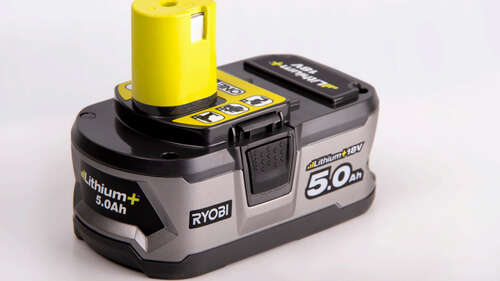
Generally speaking, unless you have a really good reason for doing so, it’s not a good idea to use a battery adapter with your Ryobi tools. There are two reasons for this: first and foremost, Ryobi battery packs are designed to work with Ryobi tools, and we don’t just mean in the way they physically connect. Tools in Ryobi’s ONE+ ecosystem receive power from Ryobi batteries in a very specific way intended to regulate the delivery and consumption of electricity. When you use an adapter and third-party battery, you mess up the line of communication between the device and the battery. The device might still get the power, but it will do so in a poorly optimized way.
This leads us to the other major reason you shouldn’t use a battery adapter: burn-outs. Different hardware brands use different battery technologies for delivering power. Without the built-in optimizations and protections that come with a proper Ryobi battery pack, you could put your tool on the fast track to failure. In the worst-case scenario, the tool could draw too much power too quickly, which can cause both the motor on the tool to overheat and burn out and the attached battery to fail completely.
As annoying as it is to put up with multiple battery pack brands, it’s in the overall best interest of both your tools and your wallet to just play by the rules.

